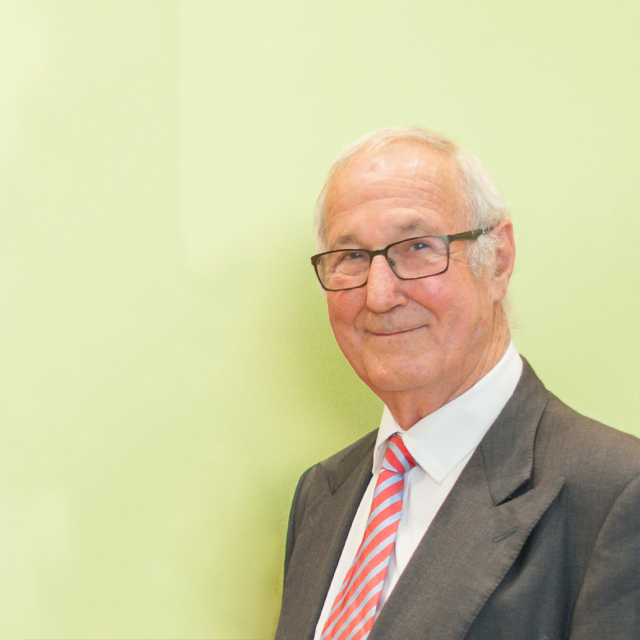Abstract
The study of emotion has been hampered by a fixation on feelings. Rather than imposing concepts based on human introspective experience to the brains of other creatures, we should attempt to understand how human and animal brains are alike. Much of what is called ‘emotion’ in studies of other animals is accounted for by the operation of circuits involved in defence, energy and nutrition supplies, fluid balance, thermoregulation and procreation. Th ese circuits are highly conserved in mammals, including humans. Survival functions are the real topic in most animal studies of emotion. By focusing on the adaptive function itself, rather than the behavioural expression or the conscious consequences of survival circuits, we can characterise ‘emotion’ in all mammals, and perhaps all animals, without recourse to ‘feelings’. Feelings, which cannot be studied scientifi cally in non-human organisms, are neither necessary nor suffi cient to understand survival circuits and their functions. By reorienting the comparative study of emotions around survival circuit functions, we may understand similarities and diff erences in emotional functions between humans and other animals.
Speaker
Joseph LeDoux is a University Professor and Henry and Lucy Moses Professor of Science, and a member of the Center for Neural Science and Department of Psychology at NYU. His 1977 PhD is in Psychology from the State University of Stony Brook. He was a postdoctoral fellow and then an Assistant Professor in the Department of Neurology at Cornell University Medical College. In 1989 he joined New York University. His work is focused on the brain mechanisms of emotion and memory. He is the director of the Conte Center for the Neuroscience of Fear and Anxiety, a virtual center that involves more than 50 researchers at various institutions in Manhattan, and also the Director of the Emotional Brain Institute, a new collaboration between New York University and New York State.
In addition to articles in scholarly journals, he is author of The Emotional Brain: The Mysterious Underpinnings of Emotional Life and Synaptic Self: How Our Brains Become Who We Are. He is a Fellow of the American Association for the Advancement of Science, Fellow of the New York Academy of Science, a Fellow of the American Academy of Arts and Science, and the recipient of the 2005 Fyssen International Prize in Cognitive Science and the 2009 D.O. Hebb Distinguished Scientific Contributions Award from the American Psychological Association. LeDoux is also a guitar player, singer and song-writer in the rock band, The Amygdaloids (www.myspace.com/amygdaloids).
About The Merson Lecture
 The annual lecture is named in honour of Dr David Merson, who supported the series in order to promulgate the best neuroscience research and what it has to offer the community in the future. It is given by a prominent, internationally leading neuroscientist whose research is of relevance to laboratories at QBI.
The annual lecture is named in honour of Dr David Merson, who supported the series in order to promulgate the best neuroscience research and what it has to offer the community in the future. It is given by a prominent, internationally leading neuroscientist whose research is of relevance to laboratories at QBI.
Dr Merson is the founder and ex-CEO of Mincom Limited. Since retiring, he has become director of a range of organisations and charitable institutions. He is a member of QBI’s Advisory Board and was the inaugural Chair of the QBI Development Board. His philanthropic sponsorship of this lecture is indicative of a strong community interest in neuroscience and the inspiring research that is being done in the area of neurological and mental diseases.
